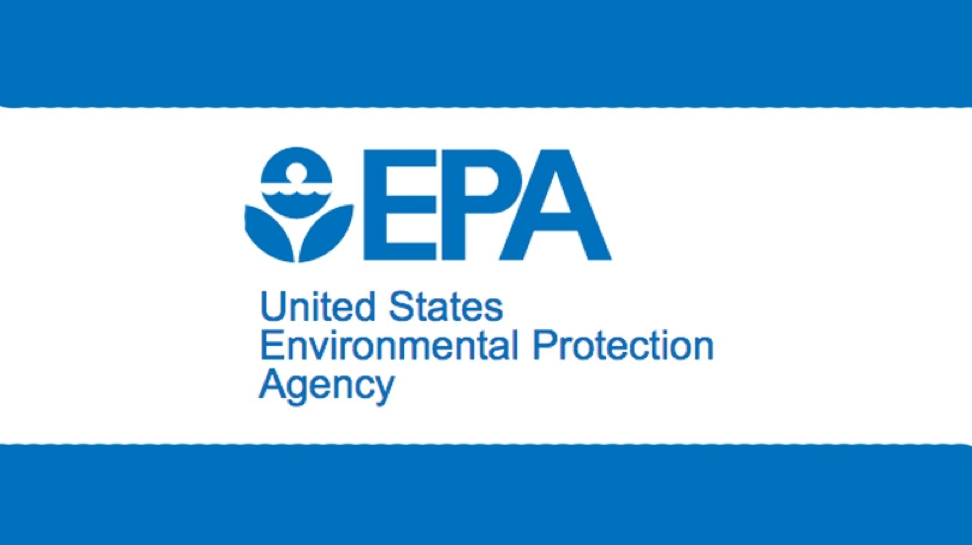Minnesota Failure to Regulate Pollution
WaterLegacy Petition to U.S. EPA
On July 2, 2015, WaterLegacy filed a petition under federal Clean Water Act regulations asking the U.S. Environmental Protection Agency (EPA) to remove the Minnesota Pollution Control Agency’s (MPCA) authority to regulate mining pollution. The EPA has the authority to remove a State’s delegated authority to regulate water pollution if a State fails to comply with the Clean Water Act and its implementing regulations.
The WaterLegacy petition was based on evidence that MPCA had failed for years in its responsibilities to administer the National Pollutant Discharge Elimination System (NPDES) program in accordance with the Clean Water Act and federal EPA regulations. In addition, laws passed by the Minnesota Legislature in 2015 interfere with MPCA’s compliance with the Clean Water Act to control sulfate pollution in wild rice waters, providing additional legal grounds for withdrawal of Minnesota’s water pollution authority.
In 2016, the EPA responded, taking the petition seriously. The EPA worked with WaterLegacy to develop a protocol for investigation of WaterLegacy’s claims and began the process of investigation itself. The full record of WaterLegacy’s petition and EPA’s response is available online. However, since the election of President Donald Trump in 2017, no additional work has been done at EPA to respond to WaterLegacy’s petition to withdraw MPCA’s Clean Water Act authority. Should the federal administration change, WaterLegacy will consider filing an update to our July 2, 2015 petition and requesting that EPA resume its investigation of the regulatory failures described in our petition.

- Mining companies in Minnesota “are routinely contributing pollutants, including sulfate, bicarbonates, dissolved salts, specific conductivity, and metals, such as copper, nickel and mercury to both immediate and downstream receiving waters.”
- Despite the MPCA’s Metallic Mining Joint Priority Agreement with the EPA in 2013 to reissue up-to-date permits and regulate mining pollution, “MPCA has made virtually no progress in addressing the backlog of out-of-date mining permits.” These expired permits for mine pits, waste rock piles, and tailings waste facilities allow continued pollution of Minnesota waters.
- Mining companies and their lobbyists have exerted “widespread and pervasive” influence to prevent the State from living up to its responsibilities to protect clean water and Minnesota citizens from mining pollution, including sulfate, mercury, and other toxic metals pollution.
What is the history of the EPA’s Investigation of MPCA Failure to Control Mining Pollution?
- EPA finalized a protocol for its investigation (Mar. 8, 2016)
- EPA conducted a broad request and review of MPCA documents pertaining to mining permits and enforcement. (beginning Apr. 4, 2016)
- EPA requested that the Minnesota Attorney General to demonstrate that Minnesota has the authority to control sulfate pollution despite laws enacted in 2015 and 2016 to block enforcement. (Apr. 5, 2016 and May 9, 2016)
Laws passed in 2015 and 2016 that exempt taconite and other industries from a pollution rule aimed at protecting wild rice may “strike down” the state’s authority to implement federal environmental laws, the EPA said.
